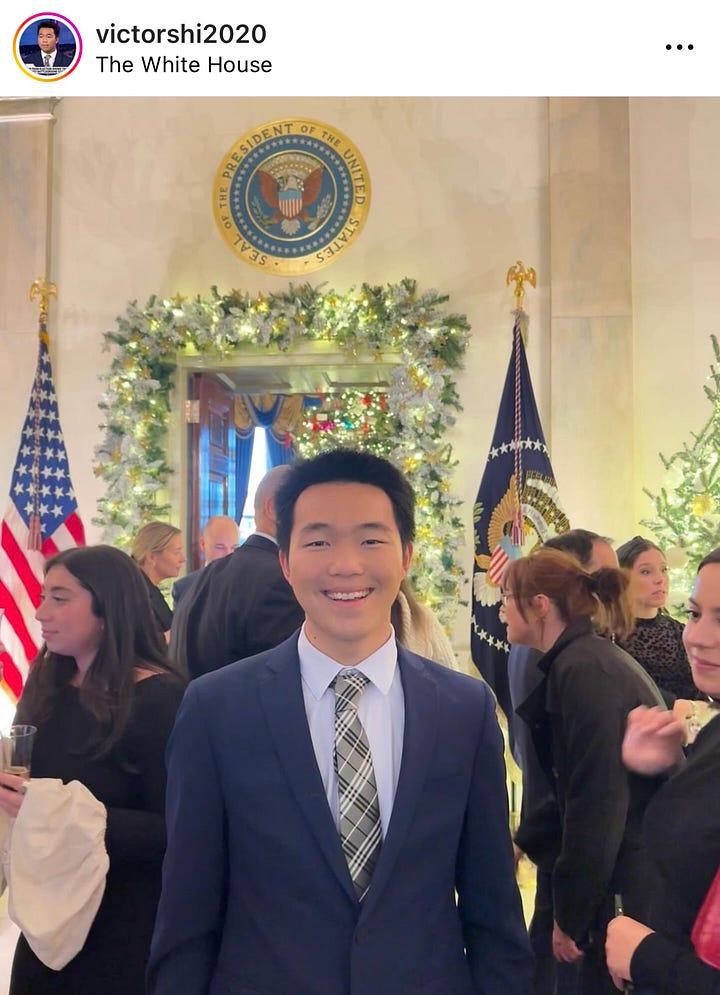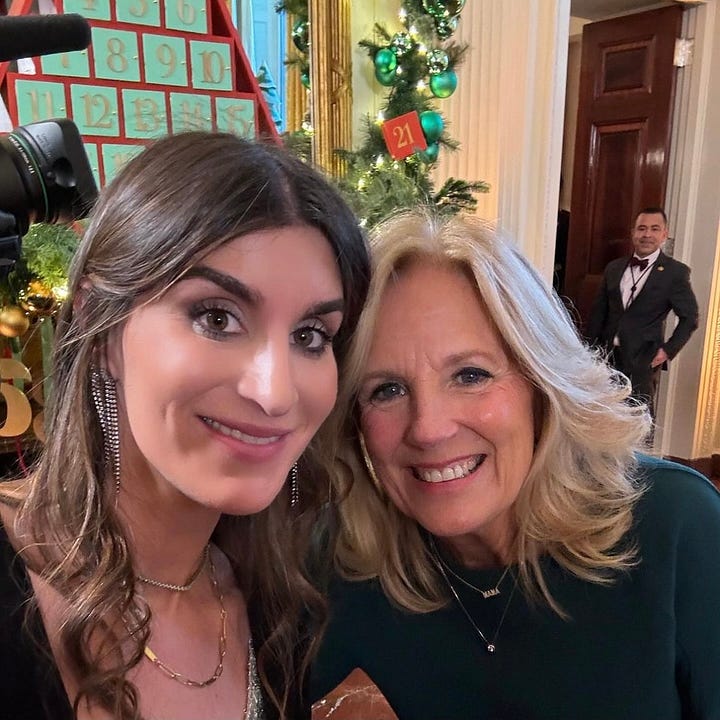New data shows economy is #1 priority for young people ahead of 2024
According to the Center for Information & Research on Civic Learning and Engagement at Tufts (CIRCLE), 53% of young people ages 18-34 said the cost of living/inflation is one of their top 3 concerns.
When thinking about issues that resonate most with young people, images of protests over Israel and Palestine on college campuses, demonstrations outside the Supreme Court after the fall of Roe v. Wade, climate strikes, and high school walkouts for gun safety come to mind. We tend to focus on hot-button topics like abortion access, climate change, gun violence prevention, and LGBTQ+ rights. But while young people are visibly and vocally concerned about this slate of causes, new data previewing young people’s preferences a year out from the 2024 election shows that the current number one issue for 18-34 year olds is something a lot less controversial: the economy.
According to the Center for Information & Research on Civic Learning and Engagement at Tufts (CIRCLE), 53% of young Americans ages 18-34 said the cost of living/inflation is one of their top three concerns.
Beyond the economy, when it comes to young people’s top three priority issues, CIRCLE found that:
28% said jobs that pay a living wage
26% said gun violence prevention
26% said addressing climate change
19% said expanding access to abortion
There will be more than 40 million potential Gen Z voters in 2024 (and 8 million of those potential voters turned 18 since 2022) — combined with their young millennial counterparts, who have already proved their political prowess.
Of 18-34-year-olds, CIRCLE’s new survey found that 57% are “extremely likely” to vote. 51% of that group says they prefer a Democratic candidate, while 30% prefer a Republican candidate. Just 3% said they’d prefer a third party/independent candidate, and 16% said they’re still undecided.
Let’s dig in on the economy…
The fact that the economy is the top issue for young voters isn’t shocking — in almost every conversation I have with young Americans, they mention the steep cost of living and financial strain of things like rent or higher education. This has been true since last year, when in research I worked on with the Walton Family Foundation, Murmuration, and Social Sphere after the 2022 midterm elections, we found that the economy was a key issue for Gen Z respondents, second only to abortion/women’s rights after the fall of Roe v. Wade.
Just yesterday, I was talking with Run Gen Z’s Joe Mitchell about how he views life affordability (and housing affordability more specifically) as a top issue for young people — regardless of their party affiliation. The Republican said that since neither party has leaned into this issue yet, it could be an area where Republicans make gains with young voters if they choose to prioritize it.
It’s also something I’ve chatted about at length with Ashley Aylward, research manager at HIT Strategies, which engages with minority communities. In focus groups with young voters who’ve expressed feelings of disillusionment with voting and the Democratic Party, Aylward said she’s heard sentiments about, “anxiety over cost of living in terms of both immediate impact in their day to day lives, as well as the fear they won’t be able to achieve economic benchmarks their parents' generations were able to at their age.”
“We never meant to talk about the economy, but all they did was talk about it,” Aylward said about the focus groups she conducted with young people for HIT Strategies.
“Their immediate concerns are things like rising rent and grocery store prices in particular, but they feel the most upset about how unachievable the goal of owning a home or saving money for their future is,” Aylward tells me. “They’re reading about how their parents’ and grandparents' generations set Gen Z up for economic failure, and we often hear about the growing gap between the ‘haves and have nots’ that makes it seemingly impossible for their generation to thrive financially.”
Asked whether or not she thinks this group will vote in 2024, Aylward said:
“It is hard to say definitively this early on, but this group of young voters that are feeling more disillusioned aren’t feeling very motivated to vote right now. They aren’t feeling particularly excited about a candidate who will change things up for their future, however we’ve found that most young people don’t realize where [President Joe] Biden stands on economic issues beyond student loans. There is major opportunity for Biden to make his case to young people in 2024 on how he will fix our economy to set up future generations for success, rather than borrowing on their futures.”
A White House holiday party full of influencers
Yesterday, President Joe Biden and First Lady Dr. Jill Biden invited a crew of influencers, social media personalities, and other social-first folks in news and information to the White House for a holiday reception. The decked out rooms were full of creators like Tony P in DC, Mrs Dow Jones, Nia Sioux, Timm, Gigi Robinson, Ilana Dunn, Matt Friend, and youth-vote voices like Victor Shi.






